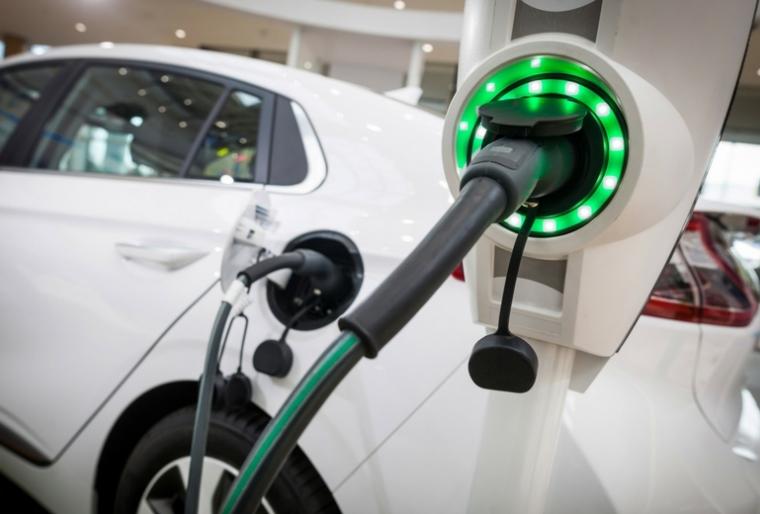A toxic scare campaign surrounding electric vehicles in the first week of the federal election campaign “flies in the face of fact” and risks seeing Australia fall even further behind the rest of the world, according to the chair of a senate inquiry into the technology.
Following the unveiling of Labor’s electric vehicle policy package, which included a target for half of all new vehicle sales to be electric by 2030, a series of government ministers launched a widespread scare campaign against the policies.
The government mainly focused its attacks on the 50 percent target and opposition leader Bill Shorten’s claim that an electric vehicle can be charged in eight minutes, despite this being technically possible with a recently released fast-charger.

Prime Minister Scott Morrison even suggested that the policy would bring about the “end of the Australian weekend” and is a threat to Australians that like to drive SUVs.
“I’ll tell you what, it’s not going to tow your trailer. It’s not going to tow your boat. It’s not going to get you out to your favourite camping spot with your family,” Mr Morrison told 2GB last week.
“Bill Shorten wants to end the weekend when it comes to his policy on electric vehicles where you’ve got Australians who love being out there in their four-wheel drives.
“He wants to say ‘see you later’ to the SUV when it comes to the choices of Australians. And this is fundamentally the difference between us and Labor when it comes to these issues.”
Independent senator Tim Storer, who chaired a recent senate inquiry into electric vehicles, said he was “deeply concerned” about this “anti-technology scaremongering”.
“It is akin to someone in 1990 arguing mobile phones were not going to take off. It flies in the face of fact, and the public should not buy it. Australia is already lagging far behind comparable countries on EV uptake, and this sort of anti-technology scaremongering risks seeing us fall even further behind,” Senator Storer told InnovationAus.com.
Small business minister Michaelia Cash even went as far as to say that Labor’s policy would be taking utes away from Australian tradies.
“We are going to stand by our tradies and we are going to save their utes. We understand choice and that is what Bill Shorten is taking away from our tradies,” Senator Cash told the media last week.
But Labor’s 50 percent target is just for new car sales, not used and second hand sales, and would lead to about 15 percent of Australia’s entire car fleet being electric by 2030.
“The ALP’s target of having EVs make up 50 percent of new car sales in 2030 is easily achievable. Modelling shows that with greater government effort, we would reach over 60 percent by 2030,” Senator Storer said.
“We should also remember that the 50 percent target would only result in around 15 percent of the entire car fleet being EVs by 2030. That will give us plenty of time for the grid to adapt. And any extra electricity demand from EVs would be more than offset by energy efficiency improvements.”
Senator Storer also said that the prime minister’s claim that an EV can’t tow a boat is “inaccurate”, with some capable of this and some not, similarly to petrol cars.
It was also revealed at senate estimates last week that the Coalition’s own policies in the space would lead to a 25-50 percent share of electric vehicles in new vehicle sales by 2030, largely in line with Labor’s policy.
“Electric vehicles would make up between 25 and 50 percent of new car sales in 2030 if supported by coordination and facilitation of local, state and Commonwealth actions, coordinated through a national strategy, which is the measure that is announced in the Climate Solutions Package,” environment department first assistant secretary of the climate change division Kristin Tilley told senate estimates.
This led opposition leader Bill Shorten to say that the government is “scaring you about their own policies”.
The government has plans to release its own electric vehicles strategy, but won’t be unveiling it until mid-2020, if it wins the upcoming election. The strategy will “ensure a planned and managed transition to new vehicle technology and infrastructure so all Australians can reap the benefits”.
Do you know more? Contact James Riley via Email.

